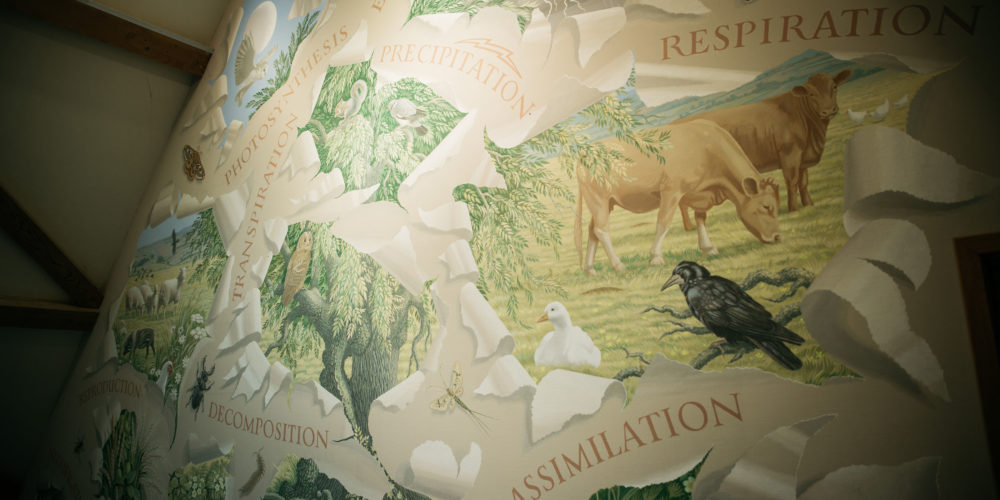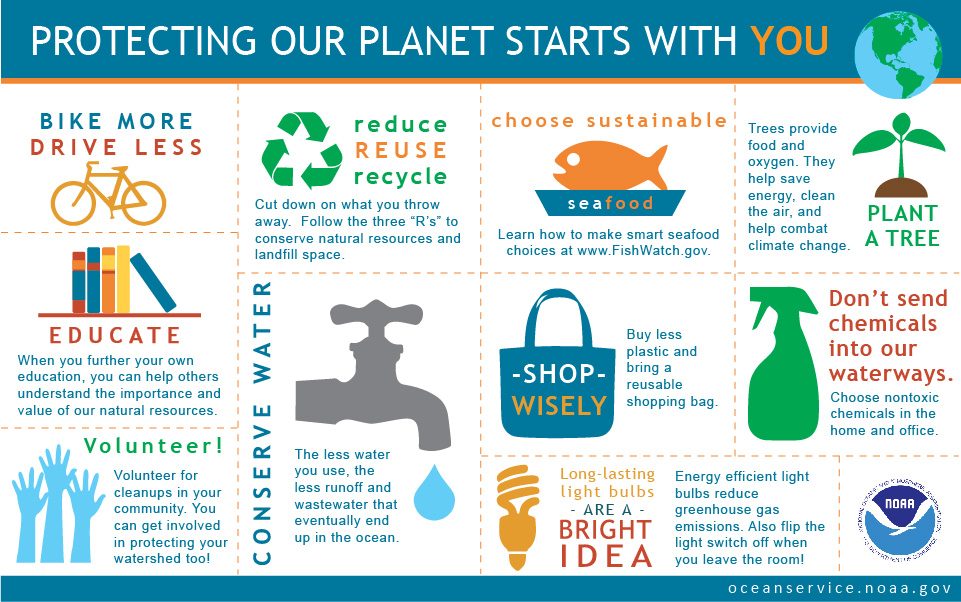Top 5 tips for sustainable live events
Events can be particularly carbon and waste intensive, but can also be great places for collaboration and innovation, with significant opportunities for positive environmental impacts.
It’s true to say that the events industry has, in the past, been a substantial contributor to carbon and waste problem in the UK. But I’m pleased to say that thanks to the mainstream awareness of the critical situation we are now in, we are leading the way when it comes to innovation and creating events with a positive environmental benefit. We encourage our clients to make their events part of their sustainability programme.
If you’re planning an event, follow our five simple steps to help make your event sustainable.
1 – Think carefully about your venue
When you’re searching for your ideal venue for your event, it’s important to consider the building itself and how energy efficient it is.
Think about how your attendees will be traveling to and from the venue. Can they use public transport? Will they have to drive, and if they do are there any electric car charging points? Will you need to bring people to the venue by mini bus or coach?
What type of lighting does the venue have? You should be looking for energy efficient LED lighting. How do they heat/cool their spaces? Do they have an energy hungry air conditioning system or a clever air filtration/circulation system?
When it’s time to create your shortlist, preference should be given to choosing a low carbon, energy efficient building which is conveniently located and ideally accessible by public transport.
And there are some beautiful, inspiring eco venues across the South. We love Sheepdrove Organic Farm in Berkshire, Woodhaven in Surrey and country house turned sustainable venue Elmore Court in the Cotswolds.
If you’re looking at outdoor venues, look at what the renewal temporary energy sources could be? If you’re starting with an empty field then you have a fantastic opportunity to utilise the natural environment around you. Is it a suitable site for a wind turbine, or solar panels? If not, perhaps you could use vegetable oil waste fuel for converted generators. Talk to your production company about their energy requirements – screens, lighting, speakers.
For events closer to home, look at your current energy provider. Are you on a 100% renewal tariff? If not, consider switching to a more eco friendly supplier.

2 – What waste are you producing and where is it going?
There are many ways that excessive waste can be avoided at events. Start by reviewing your expected waste streams and recycling activities. Talking to your suppliers, staff and contractors and putting in place a waste management plan early in the planning is always best practice. We focus our waste plans on four main areas:
- Registration and ticketing – use an online registration and/or e-ticketing solution, cutting down on paper, ink and energy from the printing process
- Promotional materials – use technology rather than printed collateral to promote your event – websites, social media, email
- Recycling – how ease are you making it for your attendees to recycle their waste at the event? Make sure there are easily accessible waste and recycling points with labels highlighting what can and cannot be recycled
- Post event – Allocate a clean up team for when the event has finished and encourage attendees to clean up after themselves during the event

3 – Where is your food and drink coming from? Are you wasting any?
Food can be one of this largest waste streams at an event. Around a third of all food produced world wide is wasted! The raw ingredients, cooking, and then transport ti your venue, all can have a high environmental impact.
Start by talking to your caterers about the options available to you. Look for locally sourced, sustainable produce with a variety of options to include vegetarian and vegan diets.
Plan the menu based on your attendees but also the waste that will be produced. Buffets and grazing tables can be particularly wasteful as some options always end up more popular than others. Design a menu that works for all your guests, and give your caterer an accurate number to cater for.
Ask about their waste disposal, do they compost food waste both at their prep kitchens and at the event? Do they work with local food banks? What is their environmental policy?

4 – Working with local, sustainable suppliers
With events requiring a range of suppliers, it’s important to ensure that those companies you’re working with have their own sustainability policies and practices.
Check out their policies, do they align with yours? Do they have any environmental credentials? And if they do, check them. It’s easy for companies to claim that they are eco friendly, but without looking in more detail about what they do, and how they do it, you wont really know for sure.
As an event company, it’s important to us that we develop relationships our sustainable suppliers local to us and our clients. Working together to ensure that we not only limit the impact on the environment, but actively promote sustainability.
5 – Protecting bio-diversity
The aim is to always to conserve our valuable ecosystems, and the best way to do that is to educate people. As part of your event, try to build awareness of the local surrounding and the biodiversity surrounding them. Think about your venue and where it’s located. Is it close to a nature reserve? Does it border a woodland? Or perhaps it’s next to the river?
We love this fun but impactful graphic created by Ocean Service. You could create something similar to help people to understand how your event is supporting bio-diversity, locally, nationally and globally.
Image from https://oceanservice.noaa.gov/ocean/earthday.html
We suggest doing a biodiversity impact assessment for your event and venue looking at the elements that could have a direct impact. Think about everything that could disturb or damage the ecosystem, for example: lighting, sound, parking, people walking around the venue. Do you need additional signage, barriers, stewards?
The overall aim should be to make your event carbon neutral
The ultimate goal is to produce a carbon neutral event. If that’s not possible there lots of carbon setting options, locally, regionally and internationally. Get in touch with us today and we can help you understand your event’s carbon footprint, what you can do to offset it and how you can have a positive impact on our planet.
This article is based on the Carbon Trust’s green events guide in which we follow as a process for all our corporate and private events.
